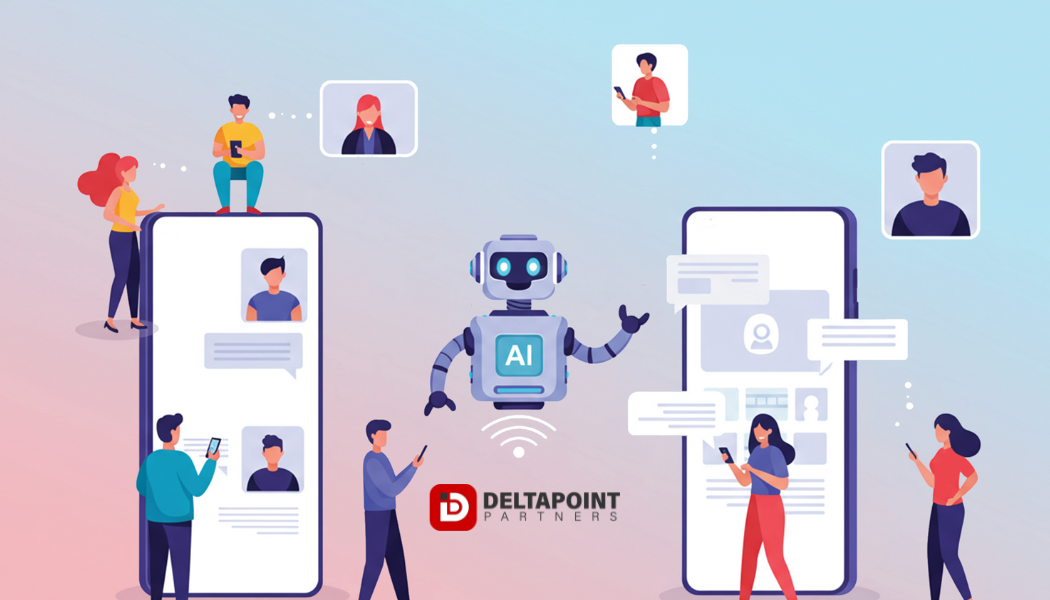Personalization at Scale with AI: The Next Frontier in Customer Engagement
In the fast-evolving world of sales and marketing, one trend is dominating the conversation as we head into the final stretch of 2025: personalization at scale with AI. The race is on to deliver meaningful, individualized customer experiences—without sacrificing speed, efficiency, or authenticity. And AI is at the center of it all.
Why This Topic Matters Now
We’ve entered a new era of buyer behavior. Prospects expect more than just generic outreach or one-size-fits-all marketing content. They want to feel seen, understood, and valued—and they expect that experience across every touchpoint. But with leaner sales teams, tighter budgets, and growing competition, companies can’t rely solely on manual personalization anymore.
The solution? AI-powered personalization at scale.
Whether it’s crafting hyper-relevant email sequences, building adaptive ad campaigns, or using behavior-driven website experiences, AI is enabling marketing and sales teams to deliver the right message, to the right person, at the right time—with unprecedented precision.
Key Ways AI is Driving the Personalization Revolution
- Behavior-Based Email & Content Journeys
AI tools are helping teams move beyond static email campaigns. Now, companies can design dynamic email and content flows that adapt in real-time based on user actions—such as opens, clicks, page views, or form submissions.
- AI-Powered Lead Scoring & Segmentation
Machine learning is enhancing how we segment audiences and prioritize leads. Rather than relying on basic filters, AI can analyze behavior, firmographics, and engagement trends to score leads and assign them to the most appropriate sales workflows.
- Conversational AI & Smart Chatbots
Modern AI chat tools are no longer clunky or robotic. They can guide visitors through personalized experiences, recommend content, answer complex questions, and even route qualified leads to sales reps—all in real-time.
- Dynamic Landing Pages & Web Content
Tools like Mutiny, Instapage, and Adobe Target are enabling marketers to deliver personalized landing pages based on visitor source, industry, or persona. This ensures that the user journey feels tailored, relevant, and compelling from the first click.
- Personalization Without Privacy Overreach
A major concern in 2025 is maintaining personalization without violating user privacy. The key is using first-party data, consent-based tracking, and ethical AI practices to maintain trust while still offering a tailored experience.
The Challenges (and Opportunities)
While the technology exists, many organizations struggle with execution. Challenges include:
- Disconnected sales and marketing teams
- Lack of clean, structured data
- Over-reliance on basic automation tools
- Fear of “sounding robotic” when using AI
The opportunity lies in building an integrated system where AI enhances human efforts, not replaces them. When marketers and sales teams align around shared goals, data, and messaging—with AI as a support system—the results can be transformational.
What You Can Do Today
If you’re looking to capitalize on this trend in 2025, here are three immediate actions:
- Audit Your Current Customer Journey
Where are you offering personalization today? Where is it missing? Start with your email sequences, website, and outbound messaging. - Implement AI-Powered Tools Thoughtfully
Don’t just buy tech for the sake of it. Identify tools that integrate well with your CRM, marketing automation platform, and data sources. - Test, Iterate, and Optimize
Launch small pilots, measure engagement, and tweak based on data. The beauty of AI is that it learns—but only if you guide it intentionally.

